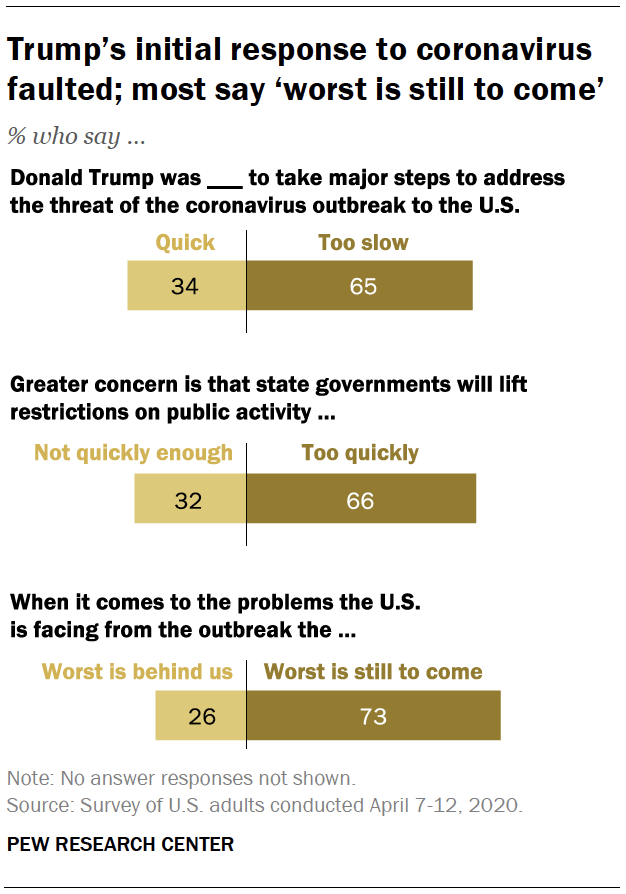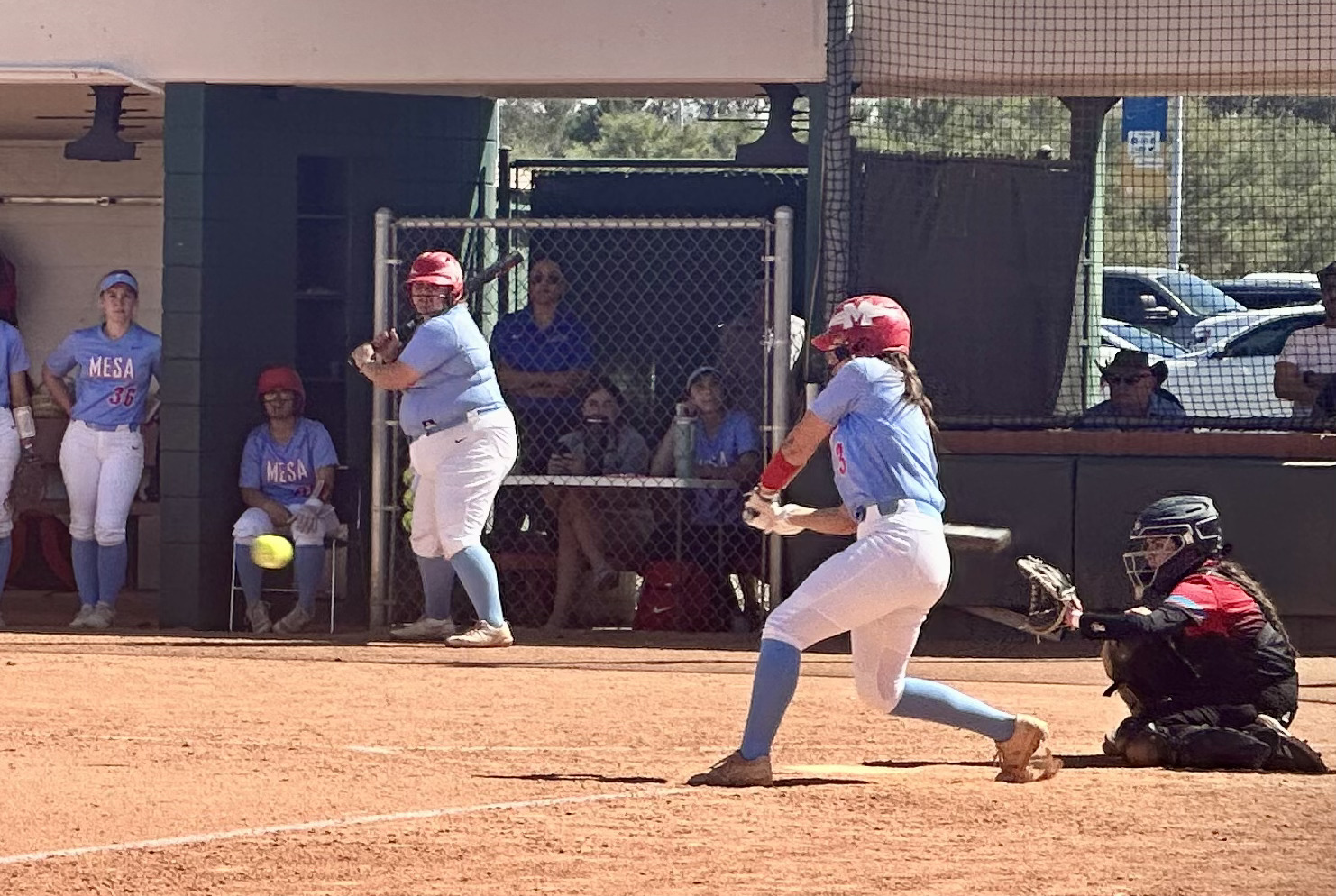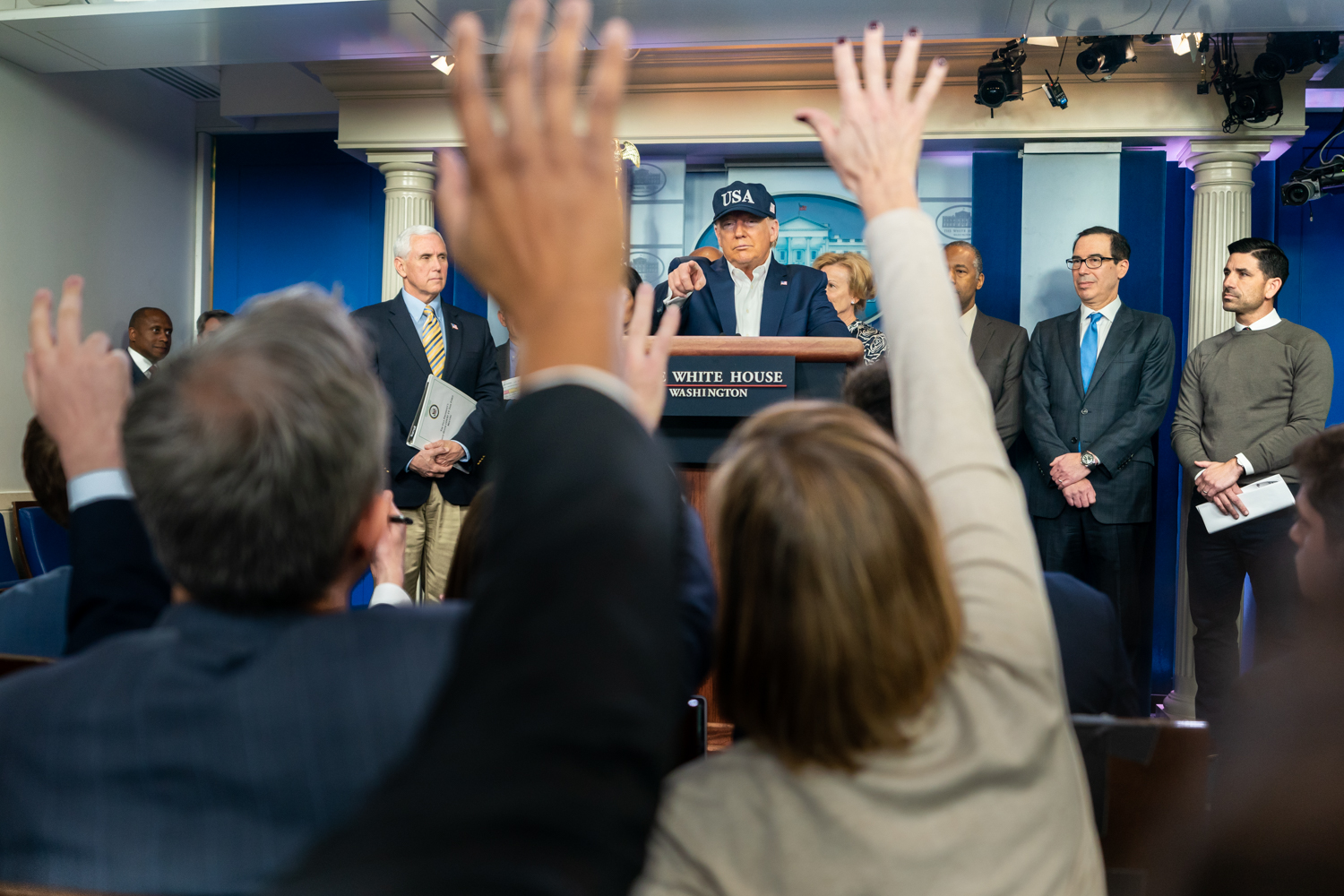Autopsy of a Trump Press Conference
As a journalist, it’s important to keep my priorities clear and concise when it comes to interactions with government officials. I am paid to find facts, relay information and help people understand difficult real-world situations. I am not a trendsetter or an activist, but I am a watchdog.
That being said, after an analysis of a White House press conference on April 23 and an admission of my own conservative sentiments, I can say the Trump administration’s interactions with reporters have continued to grow deeply concerning. President Trump’s criticism and mishandling of reporters’ questions are no longer a matter of towing party lines, nor of ‘fake news’ organizations not carrying themselves properly. They are a spiteful man’s ramblings and a threat to the nation’s stability.
For reference, this is the same press conference in which the president suggested the use of ultraviolet light or disinfectant injections as potential solutions to COVID-19. As of now, the president has retroactively claimed the ideas were sarcastic. After watching both the 3-minute viral clip of the statement and the entire press briefing for context, it really didn’t seem like the president was speaking in such a way.
“Supposing we hit the body with a tremendous–whether it’s ultraviolet light, or just very powerful light, and I think you said that hasn’t been checked, but you’re gonna test it…” Trump suggested to the medical staff beside him near the middle of the conference. “I see the disinfectant where it knocks it out in one minute, and, is there a way we can do something like that by injection inside, or almost a cleaning… it’d be interesting to check.”
Sarcastic or not, President Trump’s suggestions combined with a hyper-active American mediasphere have fueled a new frenzy in international discourse. On one hand, they offer some people hope for a light at the end of quarantine; on the other, they have sparked massive backlash from the medical industry dubbing it an irresponsible and dangerous claim.

I have been unable to confirm any legitimate cases of people injecting sanitizer or consuming light bulbs since the press conference. Since this article was written only two days after the conference, it’s unwise to think we are clear of the possibility. Regardless, Trump’s “sarcastic” suggestions at the conference have caused the world to go into an upset, and for good reason.
As the head of the nation, sarcastically suggesting medical advice during a pandemic is not a joke. Still, more concerning to me was how he responded to reporters asking, in my opinion, completely legitimate questions regarding the state of the nation.
“Not CNN please,” the president responded when one reporter asked a question. “The problem is you don’t write the truth. So as far as I am concerned, I want to go to the next one. CNN is fake news. Don’t talk to me. Go head please, next question.”
This type of treatment is indicative of an administration that does not value the truth. I’m sure one of his supporters would argue the president is fighting fake news misinformation, but a lack of recognition of freedom of press is not only anti-American, but eerily fascistic. If the president cannot recognize the news as a vital democratic institution, then the American people simply won’t get the truth anymore.
I think what’s most concerning about this conclusion is it doesn’t seem like the president’s supporters think good news reporting matters. Despite Trump’s criticism, perhaps in part because of it, droves of people condemned the media on social media. Like Trump, they argue against the corrupted media, celebrate his ideas, and stoke the fires of societal hysteria.
This is not to say that the media is not deserving of a great deal of criticism, but rather that Trump is not dealing with that criticism productively. In fact, it is unproductive and even obstructive to the American understanding of their nation.
Muddying the reputation of the news media takes away a resource for liberty from the people. As a journalist, as a watchdog, I cannot allow something like this to slip by without speaking up.










